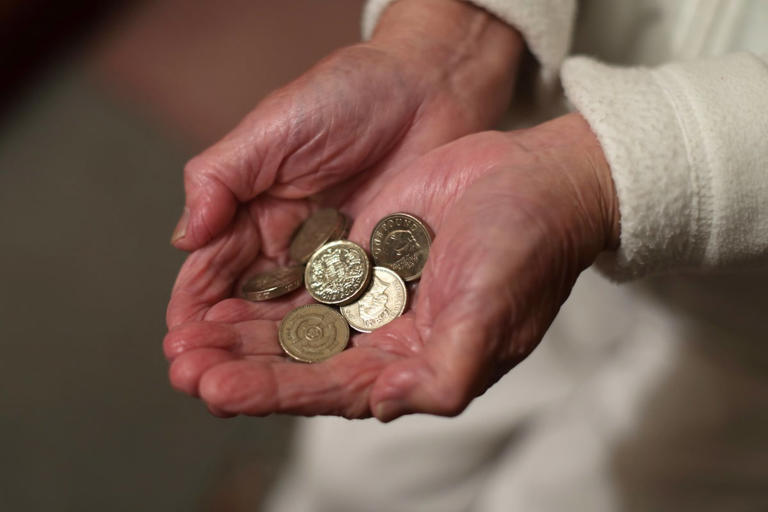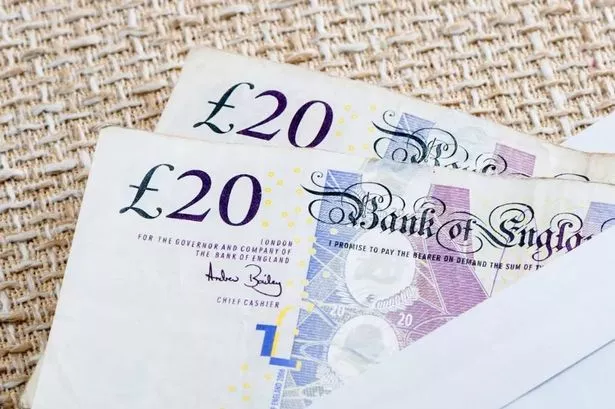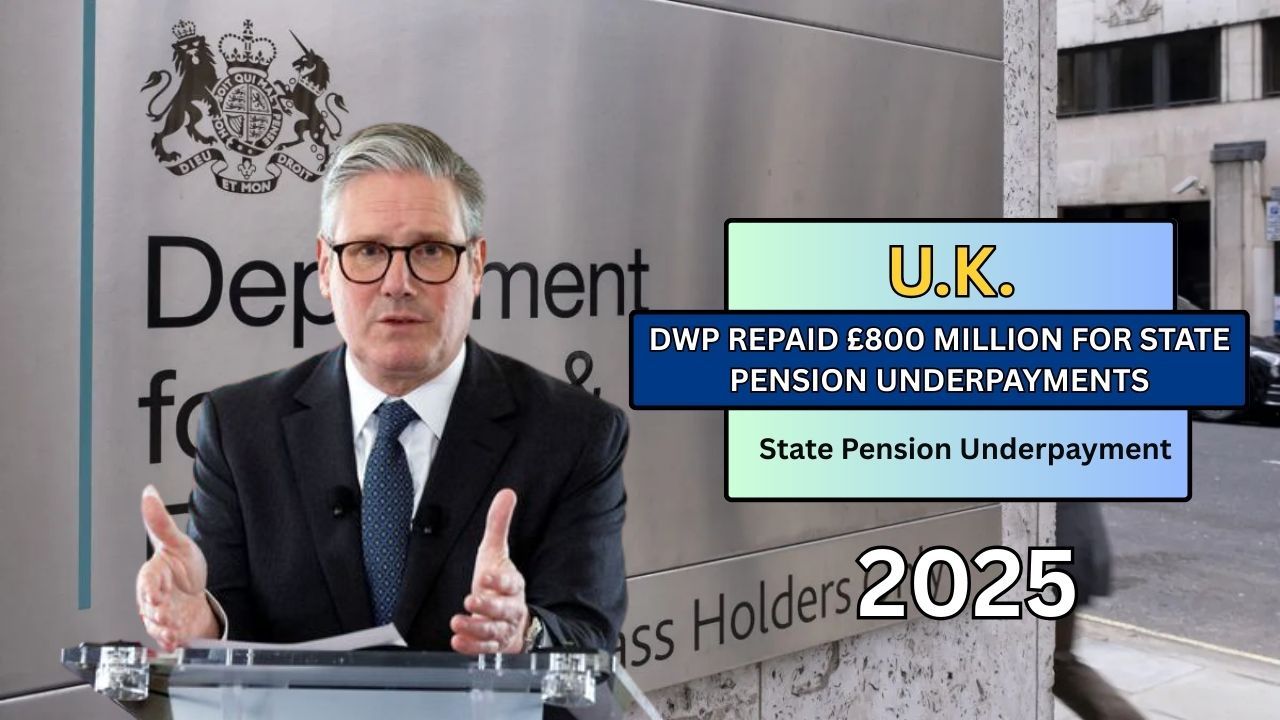In a significant move to address a long-standing issue, the UK Department for Work and Pensions (DWP) has acknowledged a major underpayment of state pensions, with over £800 million being repaid to more than 130,000 individuals.
This underpayment, which affects people who should have received higher pension payments, has prompted many to check if they are among those affected.
The DWP began identifying the errors in early 2021, uncovering that many individuals, mostly women, were not receiving the correct amount of state pension due to administrative oversights.
These errors, which go back several decades, mostly involve individuals whose pensions should have been increased due to their spouse’s work history or other factors.
Here’s how you can check whether you’ve been underpaid and what steps you can take to claim any money owed to you.

Understanding the Issue
The state pension underpayment issue primarily affects:
- Married Women: Many women who were married but didn’t have a National Insurance record were not receiving the proper uplift to their pension when their husbands retired.
- Widows and Widowers: If your spouse has died and you should have received a higher pension, but you didn’t, you may be entitled to back payments.
- People Over 80: Individuals aged 80 or older who didn’t receive their Category D state pension may also be owed money.
- Divorced Women: Women who divorced after reaching pension age might also have missed out on pension increases based on their ex-husband’s National Insurance contributions.
- People with HRP (Home Responsibilities Protection): Some individuals who took time off work between 1978 and 2010 to care for children or disabled family members were not receiving the correct pension payments due to missing HRP records.
Steps to Check if You’ve Been Underpaid
If you suspect you have been underpaid, the first step is to assess whether you fall into one of these categories. Here’s how to go about checking:
1. Check Your State Pension Statement
Every year, you receive a State Pension statement from the DWP, which outlines your pension contributions and entitlements.
It’s essential to review this statement carefully to ensure that your National Insurance contributions have been correctly recorded. If something seems off, or if you think you should be receiving a higher pension, this is a good indication that further checks are needed.
2. Use the LCP Calculator
The Lane Clark & Peacock (LCP) calculator is an essential tool to help individuals determine if they are owed money due to state pension underpayment.
This free online tool allows you to input your personal details, such as marital status and National Insurance records, to see if there’s any discrepancy. LCP has reported that many people were unaware they were not receiving the correct pension, and their tool helps highlight these gaps (LCP Calculator).
3. Contact the Pension Service
If you think you’ve been underpaid after reviewing your statement or using the calculator, you should contact the Pension Service. The best way to reach them is by calling 0800 731 0469 or writing to the Pension Service at:
The Pension Service
Post Handling Site A
Wolverhampton
WV98 1AF
Alternatively, you can visit the GOV.UK website for more guidance on how to make an inquiry or file a claim.
4. Gather Necessary Documentation
If you believe you are entitled to additional payments, gather relevant documents such as:
- Your National Insurance number
- Marriage certificate or divorce decree (for those who were married or divorced after reaching pension age)
- A spouse’s death certificate (for widows and widowers)
These documents will help the DWP review your case more quickly.
5. Follow Up If You Haven’t Been Contacted
If you don’t receive any communication from the DWP after contacting them, it’s important to follow up. In some cases, payments will be made automatically, but there are situations where individuals must take action to claim what they’re owed. Be proactive and ensure your case is properly reviewed.

What Happens if You Are Owed Money?
If you are found to have been underpaid, the DWP will contact you directly to inform you of the amount owed and how it will be repaid. In most cases, the back payment will be made in one lump sum. However, for some individuals, it may take longer for the DWP to assess and process their claims.
In some instances, you may receive a letter from the DWP confirming the details of your state pension and any changes to your entitlement. If you are due back payments, these should be made automatically. However, if you’ve not been contacted and suspect you are owed money, it’s essential to follow up.
Considerations for Tax and Other Benefits
Back payments from the DWP are treated as income and may impact your other benefits. For example, if you receive Pension Credit, the increased amount will be considered as income, which may affect your entitlement to certain means-tested benefits. It is also advisable to consult HM Revenue and Customs (HMRC) to ensure the back payments are taxed correctly.
Conclusion
State pension underpayments have affected thousands of people, primarily women and older individuals. With over £800 million being repaid by the DWP, it’s crucial that anyone who suspects they are underpaid takes the necessary steps to claim what they’re owed.
By checking your state pension statement, using the LCP calculator, and contacting the Pension Service, you can ensure that you receive the full benefits you deserve. Don’t hesitate to act now to secure your financial future.
This article has been carefully fact-checked by our editorial team to ensure accuracy and eliminate any misleading information. We are committed to maintaining the highest standards of integrity in our content.

Deepak Grover is a dedicated content writer at OTE News, specializing in government affairs, public policy, and current events. With a keen eye for detail and a passion for factual reporting, he ensures readers receive accurate and insightful news. Deepak holds a degree in Political Science and has experience in research-driven journalism.
When not writing, he enjoys reading historical books, exploring hiking trails, and staying updated with global political trends. His commitment to ethical journalism makes him a trusted voice at OTE News.




